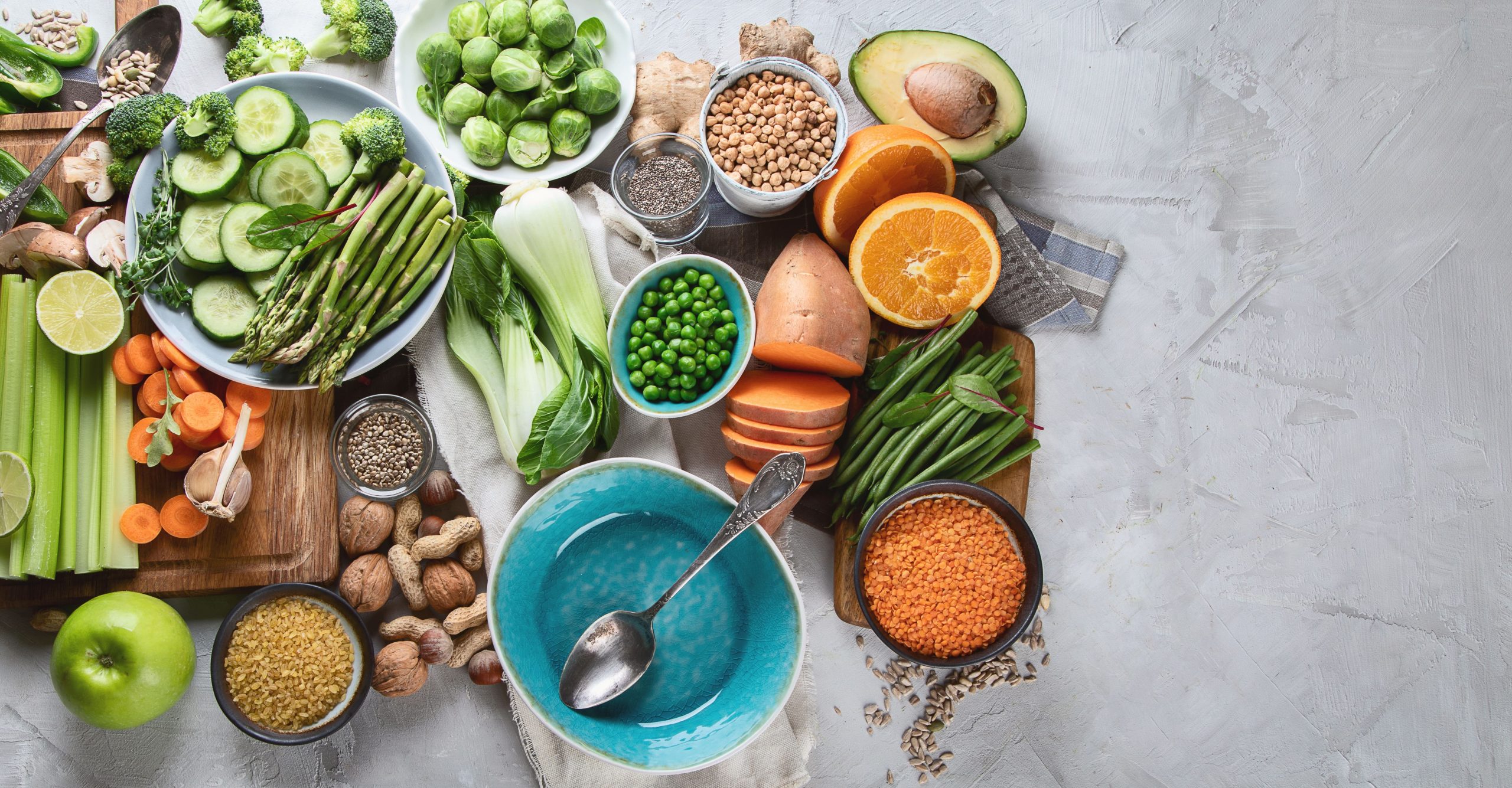Vegetarian diet has increasingly risen into popularity in the recent years. While there are several forms of dieting, their goal has always been one – geared towards weight loss. Vegetarian diet is also meant to promote weight loss.
Dieting has proven to be one of the most effective ways of losing weight. The kind of food, its amount, and frequency all play a role in determining the success of a particular form of dieting. The vegetarian diet or vegetarianism, may help lower the risk of chronic diseases, besides aiding weight loss. Nevertheless, you might find it very hard to lose weight while on this diet. The struggle is even harder if you eat more of refined carbs. This article will help you with tips of how you can lose weight on the vegetarian diet.
What A Vegetarian Diet
A vegetarian diet typically involves avoiding poultry, fish, and meat. It is followed on varied grounds, most commonly for religious, ethical, or health benefits reasons. There are different types of vegetarian diet. The first one is lacto-ovo-vegetarian allows eggs and dairy but avoids meat, fish, and poultry. Lacto-vegetarian is another type that allows dairy only while excluding eggs, poultry, meat, and fish. Ovo-vegetarian accepts eggs while excluding dairy, meat, poultry, and fish. The fourth and last type is vegan, which excludes all products obtained from animals, including dairy, honey, and eggs. Other variations of eating based on plant foods include the flexitarian diet, which allows some animal foods, and pescatarian diet, which allows fish but not meat.
Foods that are usually eaten in the vegetarian diet are fruits, legumes, vegetables, seeds, nuts, and whole grains. They are foods that are high in fiber, micronutrients, powerful plant compounds, as well as containing fewer calories, low fat, and protein than animal-based foods. A vegetarian diet centers on nutrient-rich foods, and for this reason it reduces your risk of heart disease, diabetes, high blood pressure, and certain types of cancer. Studies also indicate that a vegetarian diet may help one lose weight easily. That being said, the benefits of this diet, especially on weight loss is depends on the types of foods you eat and your eating habits. Too much intake of processed foods will render little to benefits.
Potential Barriers To Weight Loss on A Vegetarian Diet
It is undeniably true that a vegetarian diet may promote weight loss. However, this may be prevented by several factors.
Eating Large Portions Without Protein
Consuming more calories than you need and burn can gradually increase your weight. You may think that eating too much of nutritious food on a vegetarian is beneficial, but this only adds to larger portions unnecessarily. This is more common if you don’t consume enough protein. Studies indicate that protein can increase your feelings of fullness by lowering the levels of ghrelin, which is a hormone that controls hunger. Low levels of ghrelin may significantly lower your calorie intake and promote weight loss. Eating enough protein will help you feel full and avoid eating too much, which is a hindrance to weight loss efforts.
Eating Lots of Refined Carbs
Highly refined carb foods like pizza, pasta, and bread can easily be overeaten on a vegetarian diet. They are affordable and widely available and, in many cases, maybe the only option for a vegetarian at restaurants and social gatherings. These foods are highly refined that they are stripped of beneficial nutrients like fiber and do not increase fullness as much as whole-grain which contain complex carbs. As a result, they can oversupply calories beyond your daily need. What’s more, studies also demonstrate that highly refined carbs can lead to production of excess insulin, a hormone that controls blood sugar. This may also hinder your efforts of losing weight.
Overeating Calorie-Rich Foods
When normalizing to a vegetarian diet, you may easily consume high amounts of plant foods rich in fat. Remember a vegetarian diet focuses on nuts, nut butters, seeds, avocados, and coconut. These foods are high in beneficial nutrients and filling, but also deliver 9 calories/gram. For instance, 32 grams of peanut butter provides 191 calories, of which 148 is from fat.
Eating More of Highly Professed Vegetarian Foods
Another great barrier to losing weight on a vegetarian diet, is eating too much of processed foods. Numerous products can be included in a vegetarian diet. However, they are loaded with unnecessary additives. Good examples are vegan cheese, freezer meals, packaged desserts, meat substitutes, veggie burgers, and baked goods. These foods are high in sodium, chemical preservatives, coloring agents, and highly processed compounds, as well as calories and added sugar. Therefore, they can easily increase your weight if eaten in excess. Besides weight gain, they can lead to increased risk of obesity, high blood pressure, and type 2 diabetes.
Quick Tips For Weight Loss On A Vegetarian Diet
Eat Nearly Half Your Plate With Non-Starchy Vegetables
Non-starchy veggies are high in fiber, which can increase your fullness resulting in low intake of calories. They include zucchini, cauliflower, leafy greens, broccoli, and mushrooms.
Include Protein At Each Meal and Snack
Foods high in protein for a vegetarian diet include eggs, nuts, seeds, tempeh, tofu, edamame, beans, lentils, and dairy products.
Incorporate Complex Carbs
High-complex carbs vegetarian foods include fruits, starchy vegetables, legumes, and whole grains.
Increase Your Intake of Whole Foods
Whole foods are free of unnecessary ingredients and chemical preservatives, and include whole fruits and vegetables.
Mind Your Portion Size of Calorie-Rich Foods
Incorporate seeds, nuts and healthy fats with foods low in calories to avoid overeating.
Reduce Your Intake of Highly Processed Foods
Such foods are high in unhealthy additives, sodium, and added sugar. They include meat alternatives, ultra-processed foods, and frozen meals.
To successfully lose weight with a vegetarian diet, it is worth emphasizing on whole plant foods, while limiting the intake of highly processed foods. It will also help to include other strategies for weight loss like hydration, exercise, and enough sleep.
Conclusion
A vegetarian diet emphasizes on eating plant foods. It will only help you lose weight if you avoid highly processed foods and refined carbs. You also need to avoid overeating even nutritious foods as they only add unnecessary calories.
- How Long Should You Bake a Boneless Chicken Breast? - April 19, 2024
- How HØJ Became the New High - June 10, 2023
- “Sahyog-Care for You”: Empowering Communities and Creating Lasting Change - June 10, 2023









